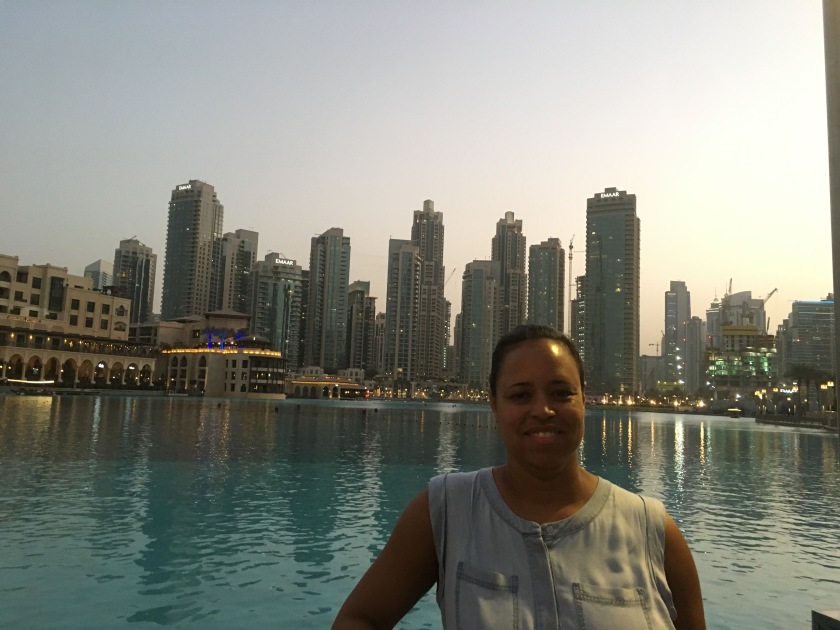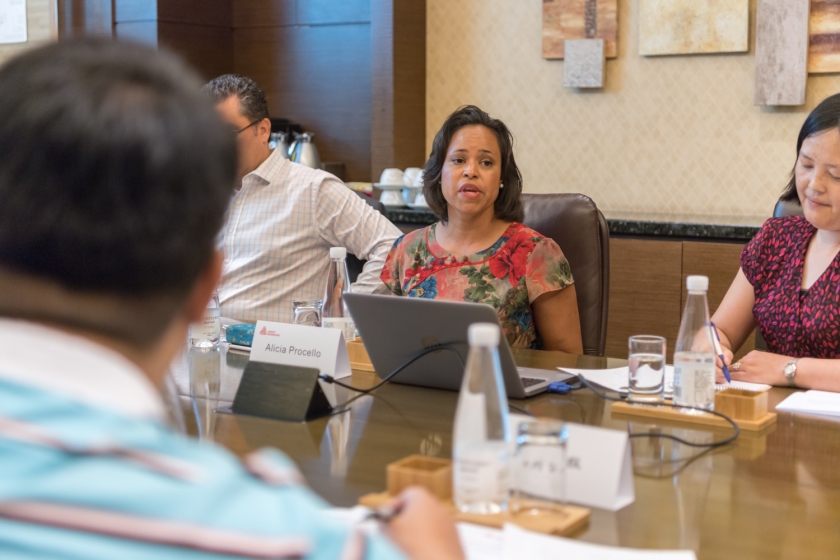Last week The United Nations celebrated its annual International Day of the World’s Indigenous Peoples. The UN considers a staggering 370 million people, spread over 90 countries to be indigenous. These old-world people speak over 7000 languages, many of which modern linguists still struggle to comprehend. With such an enormous population, the UN has felt the need to declare these people as a sovereign group, providing them a declarative set of laws and rights.
These indigenous peoples have existed for thousands of years, living without any of the modern amenities modern society has come to rely on. These groups live simple lives, mostly devoid of electricity, gas, oil, or solar power, mechanical machinery, or any semblance of modern farming and engineering techniques. Most of these societies shy away from any contact with modern peoples. Yet somehow, they thrive and prosper, expanding their numbers and even inhabiting new lands, every year. As Avery Dennison’s president of corporate responsibility, Alicia Procello Maddox has spent much of her time researching these peoples and their customs realizing that much of their prosperity has to do with their ability to live clean lives, with renewable agricultural techniques and fail-proof methods that have existed for centuries.
Despite their resilient nature, and their centuries of survival, the indigenous people of the world are not without a few threats. Corporations around the world are constantly making efforts to develop the undeveloped areas of the world, areas that the indigenous have called home for hundreds of years. And without a stable set of laws, giving them rights, they simply have no means to fight corporate interests. Alicia Procello Maddox, and others like her, feel it is part of their duty to protect these people and use their influence on local governments to implement these laws.
The UN’s declaration is already in place, has been for many years, however local governments don’t have the impetus to enforce them as they feel doing so, would deter big corporations from spending money of foreign development. However, some corporations have already realized these issue is more than just business, its basic humanity. Corporations have the power to lobby these governments to enforce the laws giving the indigenous rights. This will deem a section of the indigenous land as a sanctuarystate all to itself, while still giving corporations enough area to build and manufacture as they wish.

Alicia Procello Maddox feels the need for corporations to get involved has never been higher, and when a few of them give in, the rest will follow. The indigenous people are still people, and should be granted the same rights as any of us; regardless of race, culture or creed.



